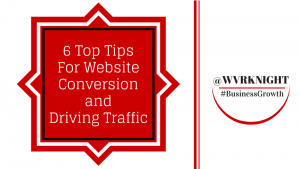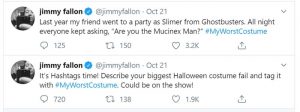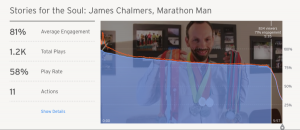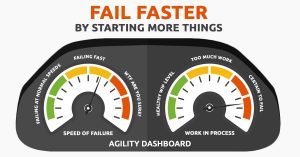Links are the connections between websites. Inbound links come to you from other sites and outbound links are what you create to link your site to others.
Without links search engines would be less effective at giving you the information you’re looking for.

Using complex algorithms, links are measured by search engines in different ways to ensure you get the most accurate information available. Link building is a huge part of search engine optimisation. It helps to understand the different types of links available and how they can benefit your website.
Search engines tend to keep their algorithms for rating and organising links a secret. But by analysing patent applications and by doing some hands on testing of your own, you’ll see signs of which links effectively improve search results. The link signals below are proven to help improve your websites visibility on search engine results pages (often referred to as SERPs)
Global popularity links
Think of links between websites as friendships between people. If you have a famous friend, their popularity can pull you up the social ladder. In the same way, if search engines see that your website has links to popular and prominent websites, those links can help pull your site up the SERPs ladder.

Local/Topic Specific links
Local and topic specific websites are sites that are similar to your own – much like two friends who share the same interests. If your website is about handcrafted chairs, then building links to sites that involve tables or other handcrafted items creates a relevant link that search engines will recognise.
Anchor Text
Anchor text refers to the words you click on that take you to an outbound linked website. It’s important to have anchor text that is relevant to the content on both websites. Subject relevant anchor text can be a phrase someone would search for making it much better than a simple HTML address or using the out-dated ‘click here’ instruction. For example, if a woodworking blog uses the phrase ‘quality handmade chairs’ when linking to your hand crafted chair website, this tells search engines your website is worth greater visibility when handmade chairs are searched for.

Trustrank
As well as being irritating, spam websites have little trustworthiness in the eyes of search engines. But authoritative institutions like government bodies and educational websites have lots of trust. If you link to government policies on deforestation from your handcrafted chairs website, some of that trust will eventually rub off on you and therefore improve your visibility.
Link neighbourhood
Search engines see websites as grouped together because of the links they share. If several websites are sharing multiple links throughout their group then they’ve built a link neighbourhood making each site relevant for shared search terms. This also works for avoiding spam seeing as spam sites tend to link to each other forming their own neighbourhoods. During your link building, be cautious of who links to your site and who you link to if you want to avoid search engines seeing you with the wrong crowd.

Freshness
Websites, pages and their links fade as they age. Search engines do not want to turn up stale and out-dated information. They prefer content that is fresh and up to date. Because of this, it’s important to continuously build new links and new pages to help keep your website high on search results pages.
Social Network Links
With the increased use of social media, search engines have been adapted to recognise shared links as important ones. Even though a lot of people debate how much importance and trust search engines actually give to social media links, logically speaking, if content is being shared then it’s probably more relevant than content that isn’t being shared and should therefore be given greater visibility in future searches.

Power of Social Media Sharing
In recent years, it’s become the standard for companies to create social media accounts for themselves and to promote their services and products. If you don’t have social accounts for your company, you are way behind the trend and are probably losing out to your competition. With social media accounts for your business, you can gather a following to share your content and products with. Having more followers means more potential for your content to be shared even further afield. If your content is popular, sharing can continue through many different social circles therefore creating thousands of links in a short period of time. A recent deal between Google and Twitter now means that your tweets can be indexed by the search engine which, in turn, means more exposure for your products and services.
Have you taken advantage of all the different types of links available to your site? Consider using this as a starting point to get the visibility you deserve.
(184)
Report Post







